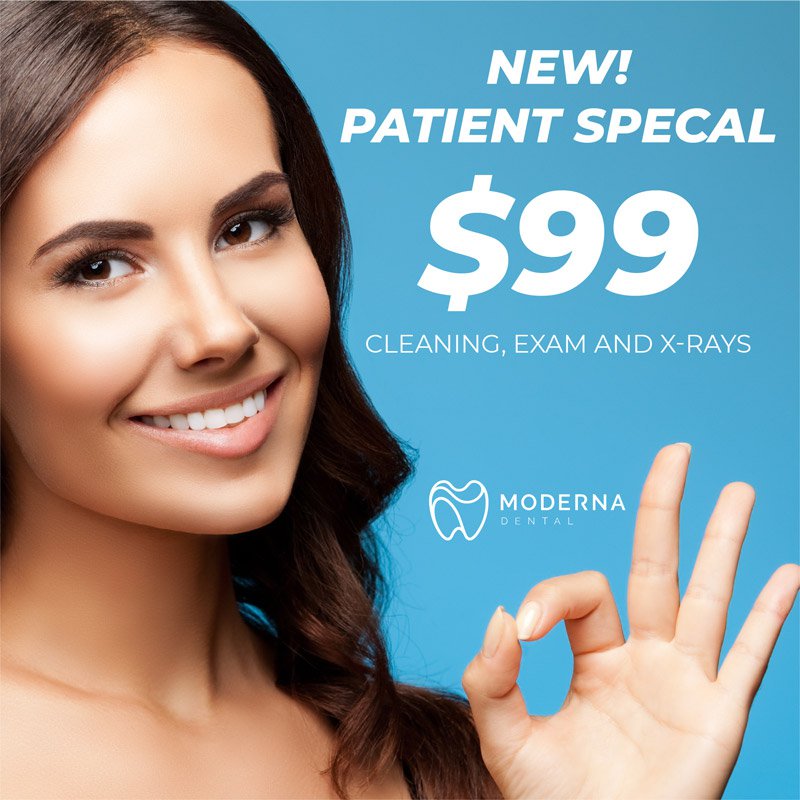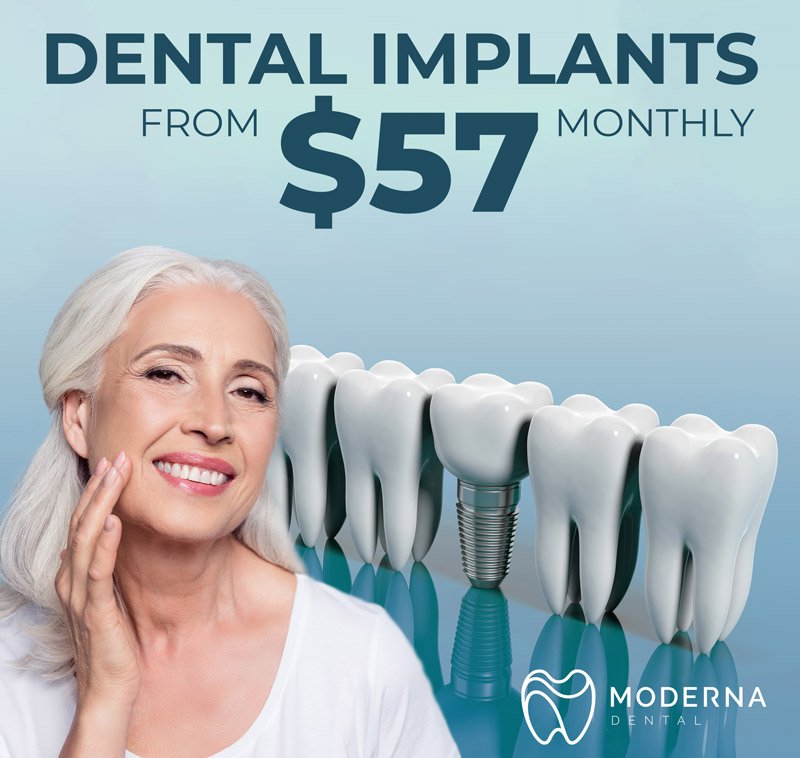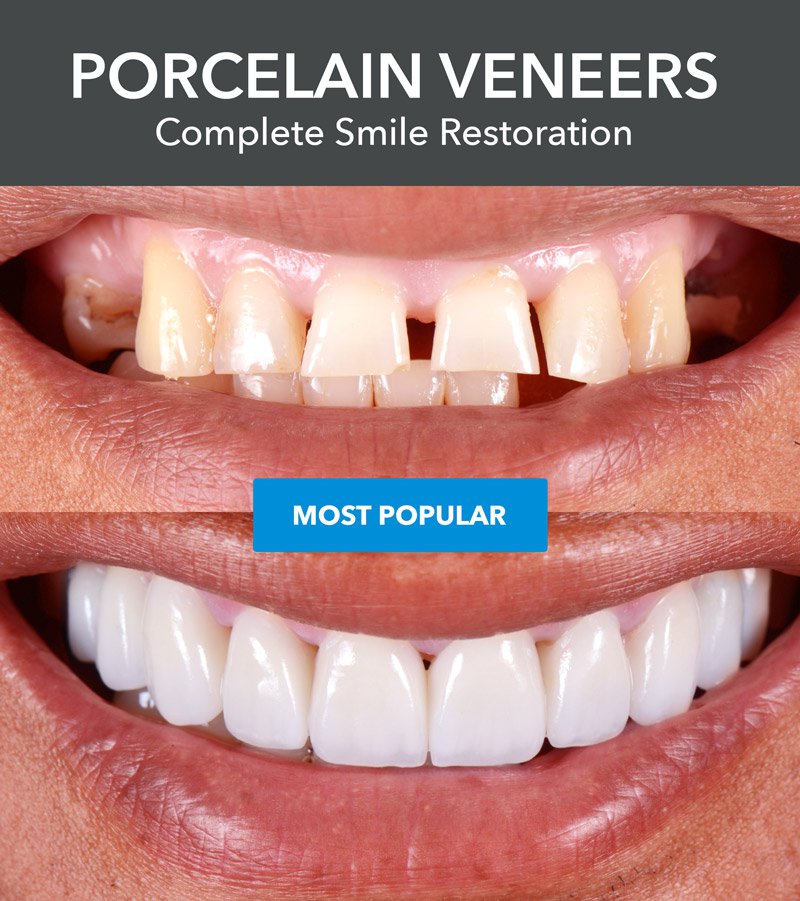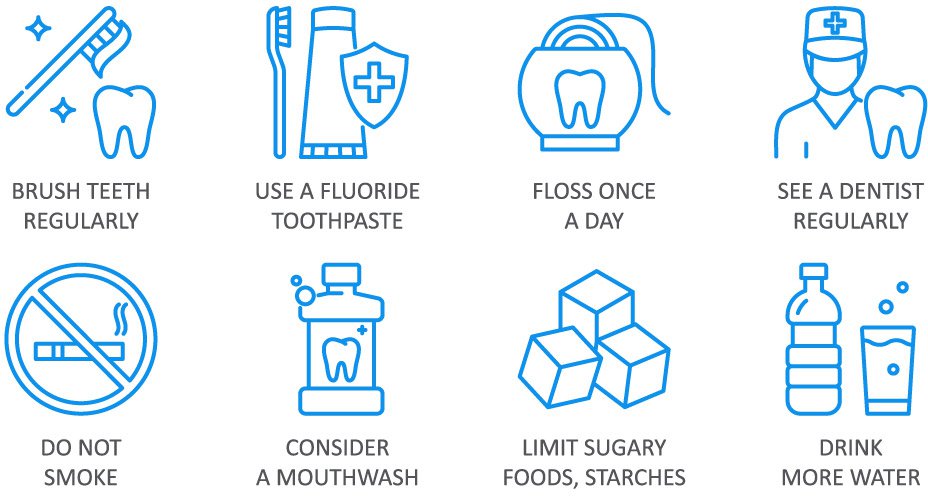Oral Health & Cancer Screenings in Miami
Bring back that beautiful smile! Yes, you should brush twice a day, but that’s just the start. Learn about Oral Cancer Screenings and Read these 8 great tips on how to improve your oral hygiene at home from Moderna Smile in Miami!

Oral Cancer Screenings in Miami
Moderna Smile in Miami performs oral cancer screenings at our Miami dental office. Screening helps uncover cancers such as squamous cell carcinoma.
Half of the patients diagnosed with squamous cell carcinoma do not survive beyond five years following their diagnosis. This is why early detection is so vitally important. When precancerous and cancerous lesions are detected early on, they can be isolated and treated effectively. Most patients only seek help when they notice a problem, by this point cancer may have already spread.
Oral cancer screenings are designed to detect minor cell abnormalities before they have a chance to become life-threatening. During your next checkup, ask Moderna Smile about oral cancer screenings in Miami.
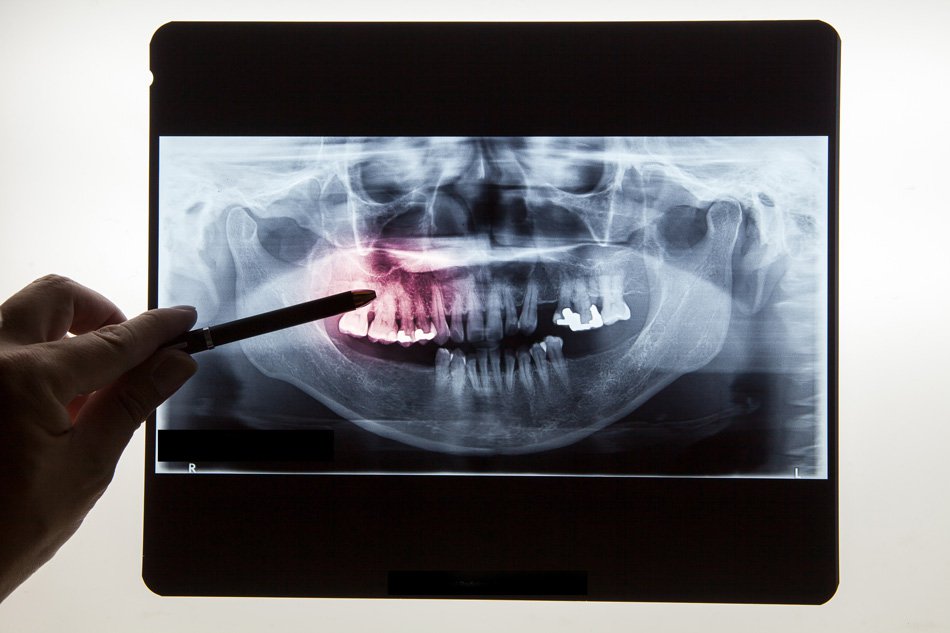
What Happens During a Screening?
During the examination, the practitioner looks for signs of abnormal tissue, lesions (typically red or white spots), and tumors which could indicate the presence of precancerous or cancerous cells.
The reason oral cancer screenings receive so much emphasis is due to the high mortality rate of those diagnosed with late-stage malignant squamous cell carcinomas — one of the most common types of oral cancers. The National Institutes of Health states that only 50% of squamous cell carcinoma patients survive beyond five years following the diagnosis. Early detection is key.
Don't Wait for the Symptoms of Oral Cancer
Screening is different than intervention. The purpose of oral cancer screening is to detect issues early on, when treatment is most effective. Usually by the time a patient notices an abnormality, such as a lump or discolored patch of skin, the disease has already metastasized, making it more difficult to treat.
Screening is performed on patients that usually have no obvious symptoms or indication that cancerous or precancerous cells are present. Early detection can lead to early intervention, which can greatly improve the prognosis.
What if the dentist locates abnormal cells? If the dentist suspects that tissue might be cancerous or precancerous, they will often suggest having a biopsy performed. A biopsy involves sending a cross section of tissue to a pathologist to have a histopathological assessment performed.
The one drawback to oral cancer screenings is that it can be difficult to determine whether an abnormality is a normal part of a patient's physiology. This clean lead to a high percentage of unnecessary biopsies. Fortunately, new technologies and techniques are making it easier for dentists to detect precancerous tissues. Sometimes a dentist will refer a patient to a surgeon to have an incisional or excisional biopsy performed.
Who is at Risk of Oral Cancers?
According to the American Cancer Society, there are several health and lifestyle factors that place individuals at a greater risk of developing oral and oropharyngeal cancers. These include:
- Tobacco use. All kinds of tobacco use can increase your risk of developing oral cancer, not just chewing tobacco.
- Alcohol use. Heavy alcohol use is a risk factor for oral cancers. Even excessive use of high-alcohol mouthwashes can increase the risk.
- Human papillomavirus. The sexually transmitted disease HPV can increase your risk of oral and oropharyngeal cancers.
- Compromised immune system. It’s well known that cancer can lead to a compromised immune system, but immunocompromised patients are also at an increased risk of developing all types of cancer, not just oral cancers.
- Poor oral health. Inconsistent oral hygiene and poor oral health (especially when combined with alcohol and tobacco use) are associated with an increased risk of oral cancers.
- Betel quid and areca use. While not so common in the United States, betel quid is a psychoactive substance that is combined with lime, areca nut, and typically tobacco. Betel quid is a known carcinogen.
8 Great Tips for Great Oral Health
Like most people, you probably know that you should brush your teeth twice a day and floss regularly — preferably once a day. But, these are just the basics. In this article, Moderna Smile aims to help you become an oral hygiene genius. Read on to read these eight great tips for better oral health!
#1. Always Brush Before You Go to Bed
This is a big one. When you sleep, your saliva production reaches an absolute low. What does that have to do with brushing, you ask? Your saliva works to constantly regulate bacteria. While you sleep, the "bad bacteria" in your mouth flourishes. Brushing helps to keep plaque in check.
#2. Get Serious About Flossing
We know... most people don't floss regularly. This is also why a majority of cavities occur in the tight spaces between teeth that are hard to reach with a toothbrush. You should floss at least once a day, preferably before you brush, before bedtime.
#3. The Angle of Your Brush Matters
When you brush, trying to angle your brush 45 degrees so the bristles point to the gumline. This method helps to brush away the plaque that grows just under the gums and is a great technique to prevent gingivitis.
#4. Don't Forget Your Tongue!
Plaque doesn't just build up on your teeth, but also finds a home in the grooves and crevices of your tongue. Do your oral health a favor and invest in a tongue scraper or a tongue brush.
#5. Go with a Fluoride Toothpaste
There are many fluoride-free toothpastes on the market these days, but the science still points to the benefits of using a topical fluoride to prevent cavities. If you want to change things up, you can use a fluoride-free toothpaste once every other day. Many patients love how fresh their mouth feels with a charcoal-based toothpaste, but overdoing it can wear down the enamel.
#6. Use a Mouthwash
Mouthwashes help to balance the pH of the mouth as well as eliminate harmful bacteria and plaque in those hard-to-reach areas of the mouth. Ask your dentist to recommend a mouthwash based on your personal oral hygiene goals.
#7. Limit Your Sugars and Eat More Veggies
Diet contributes more to oral health than many realize. By limiting your intake of sugars, you are also reducing the amount of sugar-loving bacteria in your mouth. Also, be sure to drink more water and eat plenty of veggies. Both of these are important in flushing out bacteria from your system. Cravings can be difficult to pinpoint; before you reach for that mid-afternoon snack, drink 12 ounces of water and see if maybe your body was just trying to tell you that you needed to hydrate.
#8. Attend Regular Checkups
We can't stress this enough. Most patients only visit a dentist when they sense something is wrong. Most oral health problems come about slowly. This means your dentist can help you correct a minor issue before it becomes a major threat to your oral health. Schedule a checkup and ask your dentist to recommend a checkup schedule based on your current oral health needs. Preventive dentistry is always less expensive than restorative dentistry - and your smile will thank you!
